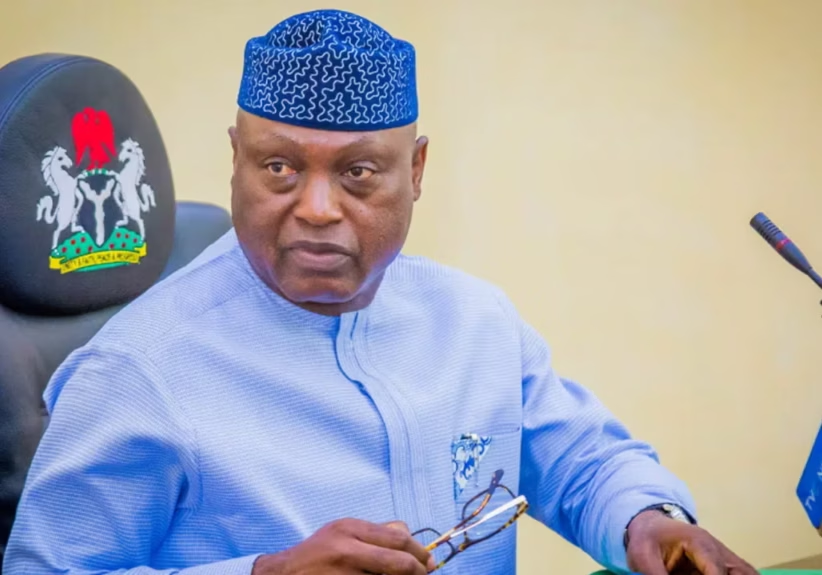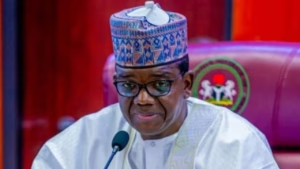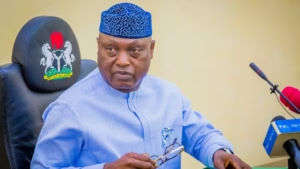Zimbabwe’s Finance, Economic Development and Investment Promotion Minister, Professor Mthuli Ncube, has revealed that the country’s newly proposed structured currency is part of comprehensive monetary reforms aimed at ensuring stability for the domestic currency. The move, announced by President Mnangagwa, is designed to address currency and economic instability that has plagued the nation in the past.
The structured currency is a unique monetary system intended to mitigate inflationary pressures and enhance stability. Unlike conventional fiat currencies, which are subject to government regulation and central bank policies, the structured currency combines the flexibility of fiat money with the intrinsic value and stability of commodities such as gold or other precious metals.
Minister Ncube emphasized the necessity of the announced policy as a crucial step towards further reforms in the country’s currency and monetary system. He highlighted the government’s commitment to ensuring currency stability through innovative measures, including potentially linking the exchange rate to hard assets like gold. Such a move aims to restrain domestic liquidity growth and provide a lasting solution to currency volatility.
Speaking at an Economic Commission for Africa (ECA) press conference, Minister Ncube provided insights into Zimbabwe’s economic performance, citing an impressive average growth rate of 6.8% of the gross domestic product (GDP) over the last three years. This growth has been achieved despite challenges posed by domestic currency instability.
Zimbabwe’s current multi-currency regime allows the circulation and use of various foreign currencies like the US dollar, Rand, Renminbi, and Yen alongside the domestic currency. However, the government’s focus is now shifting towards ensuring stability for the domestic currency to sustain the robust economic growth witnessed in recent years.
Minister Ncube also expressed enthusiasm about Zimbabwe’s role as the host country for the ECA Conference of Ministers Finance, Planning, and Economic Development in 2024. The conference, themed ‘Financing the transition to inclusive green economies in Africa,’ will provide a platform for discussions on critical topics such as green economies, climate finance, innovation, technology, and sustainable development goals.
Additionally, the conference aims to address challenges related to the international financial architecture and foster dialogue on redesigning a system that is better equipped to support Africa’s development and navigate global economic shocks.
The ECA executive secretary, Mr. Claver Gatete, outlined the conference’s focus on critical issues such as financing climate, international financial architecture reform, and solutions for challenges in climate and green economy. He emphasized the pivotal role of finance ministers in addressing these issues as well as the need to ensure inclusivity in the discussions.
With the upcoming conference poised to facilitate meaningful discussions and decision-making, Zimbabwe looks forward to showcasing its natural resources and contributing to the global dialogue on sustainable economic development.
In conclusion, Zimbabwe’s pursuit of innovative monetary reforms and its commitment to hosting an influential economic conference demonstrate the country’s proactive approach to shaping its economic future and contributing to broader continental and global economic agendas.








